It was the day before a math test. Math teacher Chrissie Walters printed out the answer key, tucked it in a folder in her desk and went to grab lunch. When she got back, the answer key was gone.
Because a student — whose identity remains unknown to Walters — apparently stole the answer key, she had to rewrite the test that night. Opting not to inform her classes about the missing answer key, she sought to ensure that the potential thief would have the answer key for the wrong test.
In a separate incident of academic dishonesty, a sophomore, referred to as Peyton to protect their identity, found themselves entangled in a web of temptation. It was late at night during their freshman year, and Peyton had been working on their CS project for a week. Part of their code didn’t work. “One of the problem sets, I couldn’t finish it, and so basically, I copied and pasted code from […] online,” Peyton said.
A few days later, Peyton’s computer science teacher asked to meet with them. Confronted by their teacher with what they found, Peyton admitted to cheating. Because this was Peyton’s first time cheating, they were not punished.
According to Upper School Assistant Director Adam Gelb, instances of academic dishonesty at Menlo increased slightly from the 2021-22 to 2022-23 school years. However, the number of cases has decreased so far in this school year.
When cheating occurs at Menlo, it often takes more subtle forms than outright theft, as recounted by Walters. “The most common thing is that in the hallway, I can hear students prattling on when they walk out of a test, telling each other what the questions were on the test and how they approached it,” Walters said. “And it’s every grade, every class and every level.”
Reflecting on the consequences of such actions, English teacher Jay Bush believes plagiarism is the most severe form of cheating in his English classes. “I’ve only encountered that a couple of times since I’ve been at Menlo. And one time, it was largely a mistake; it wasn’t necessarily intentional. The unfortunate thing is that it is still plagiarism either way,” he said.
The most prevalent form of cheating observed by Bush involves students consulting online summaries and analyses without providing proper citations. Often, the line between what is considered plagiarism and what is acceptable when using online tools is blurry. Many students at Menlo use websites that provide detailed summaries and study guides on books, such as CliffsNotes, SparkNotes, LitCharts and BookRags. “Does using broad ideas that came up in SparkNotes count as academic dishonesty?” Bush asked. “It can be hard to tell. Sometimes students will read [these websites] and not think that they used [ideas from them], but only later realize that the same ideas [that the sites mentioned] came through. Now, to me, that still constitutes academic dishonesty.”
If Bush detects potential plagiarism, he initially talks to the student about the incident and notifies the department chair. Depending on the severity of the case, Bush might also involve Upper School Assistant Director Adam Gelb. In the past, for two cases of direct plagiarism, Bush reported the infraction to the then-Dean of Students, Tony Lapolla.
Spanish teacher Alita Guzmán hasn’t encountered students cheating during an in-class test. However, for essays done at home, she occasionally suspects that a student may have used a translator to write sentences or conjugate words. “When we take things home, if I can’t see the evolution of your writing and the drafts you submit, then I might have questions, and those questions could lead to the discovery of academic dishonesty, or they could lead to just deeper clarification, and then I feel better evaluating your work,” Guzmán said.
With the global explosion in AI usage, teachers have had to deal with a new form of cheating. Students can now employ AI chatbots, such as ChatGPT and Bard, to solve complex math problems, compose emails, write essays and translate sentences, among other tasks.
This technological shift is exemplified in Peyton’s second academic misstep — occurring at the end of their freshman year — when they got caught using ChatGPT on an English assignment. This marked their second violation of Menlo’s academic integrity rules, leading them to face the Disciplinary Committee.
The Disciplinary Committee — an integral part of Menlo’s disciplinary process — comprises the Upper School Assistant Director along with a select group of students and teachers. The committee addresses breaches of behavioral expectations, including cheating, substance abuse and physical altercations. Peyton appreciated the variety of perspectives the Committee provided, finding that the members provided a more nuanced understanding of the situation than a singular viewpoint from an administrator could.
Outside of Menlo’s administration’s current policies on academic integrity and plagiarism, they have not placed any school-wide prohibitions on AI usage. Instead, the formulation of AI policy has been predominantly delegated to the individual departments and teachers. “I think at some point, it’s entirely possible that there may be some institutional policies, but right now, we’re experimenting,” Upper School Director John Schafer said. Both Bush and Schafer acknowledged the challenges of establishing specific rules for an institution comprising numerous diverse departments with distinct needs.
Guzmán believes that the language department has been ahead of the AI game because complex translators like Google Translate debuted over a decade ago. Consequently, many Spanish teachers have already devised assessments with the intention of thwarting AI and translator assistance. For instance, Guzmán’s in-class tests either circumvent the use of devices or employ stringent time constraints and speaking requirements to make any use of AI or translators easily detectable.
In the math department, where most graded assignments are in-class tests and quizzes distributed on paper, AI’s impact is minimal. However, AI usage on assignments can be more prevalent in writing-based classes like English and history. “I can tell you, every English teacher here — as with I’m sure every other teacher — is constantly now on the search for inconsistencies. It’s not something we want to do, but if there is a misalignment between pieces of your writing in class and out of class, that’s going to bring up some real questions,” Bush said.
History teacher Katina Ballantyne hasn’t discovered any problematic AI usage incidents among her students. She believes this is because, for large projects, she has many checkpoints where students turn their work in. Moreover, Ballantyne thinks that she could tell when a student used AI because she has access to their Google Docs. “If a student had zero work done at 11 p.m. on a Tuesday night and then boom, on Wednesday they come in with a full rough draft, it’s pretty easy to see what’s realistic or not realistic,” Ballantyne said.
According to Bush, there are numerous reasons why students should not cheat. Even if they go undetected, cheating hampers their learning opportunities. Additionally, Bush believes there is an ethical argument as to why students should not cheat. “If you want to consider yourself to be a moral, ethical, good-charactered person, you have to behave that way,” Bush said. “And by making habits out of things that are — I think by anyone’s definition — unethical and immoral, it becomes a part of your character. You can fix it, but it gets harder and harder the more you do it.”
Walters believes that some cases of cheating are due to people taking the easiest route possible through school. “[However], many people cheat because their parents’ or dream colleges’ expectations are far above their own vision of what they’re personally capable of, and it breaks my heart to think that someone doubts themselves that much,” Walters said.


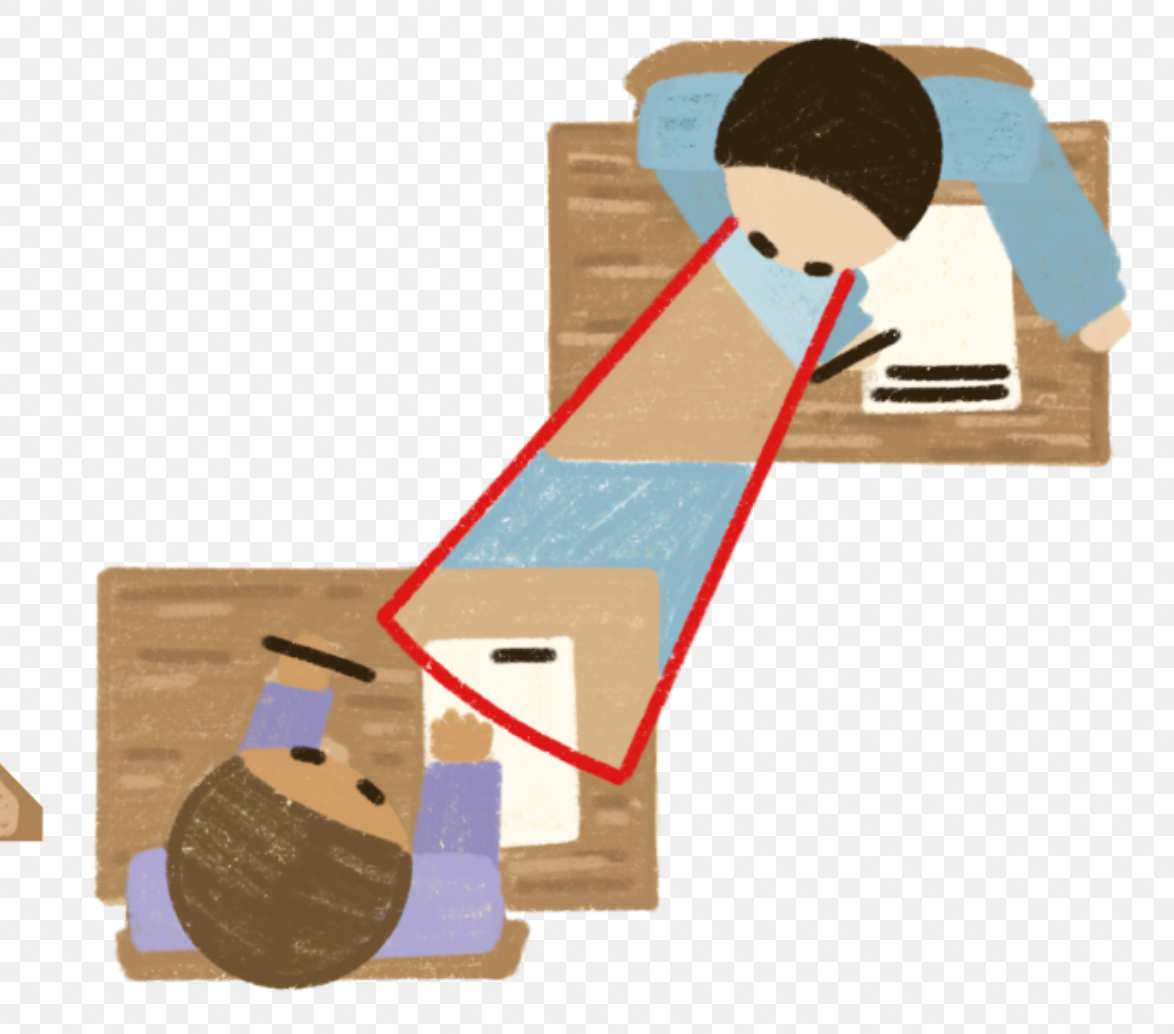
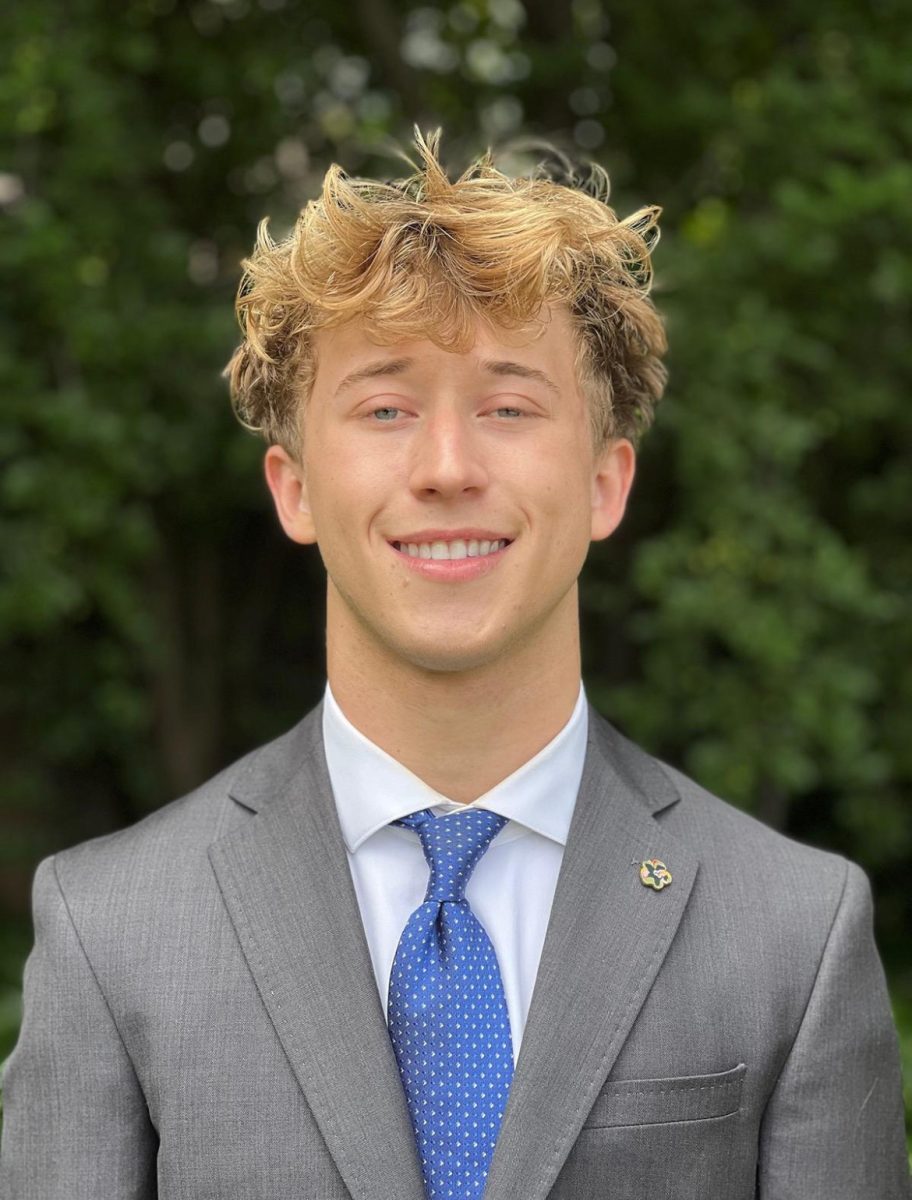
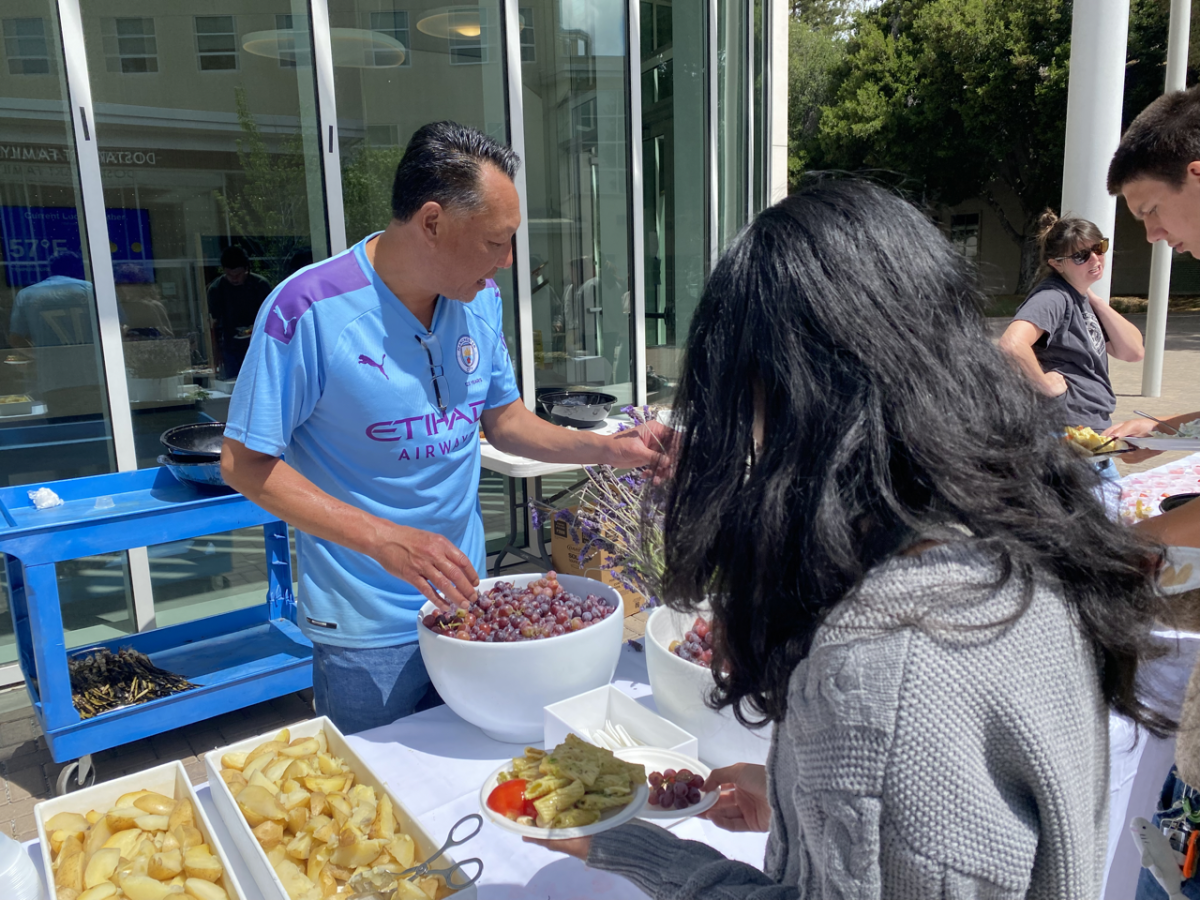
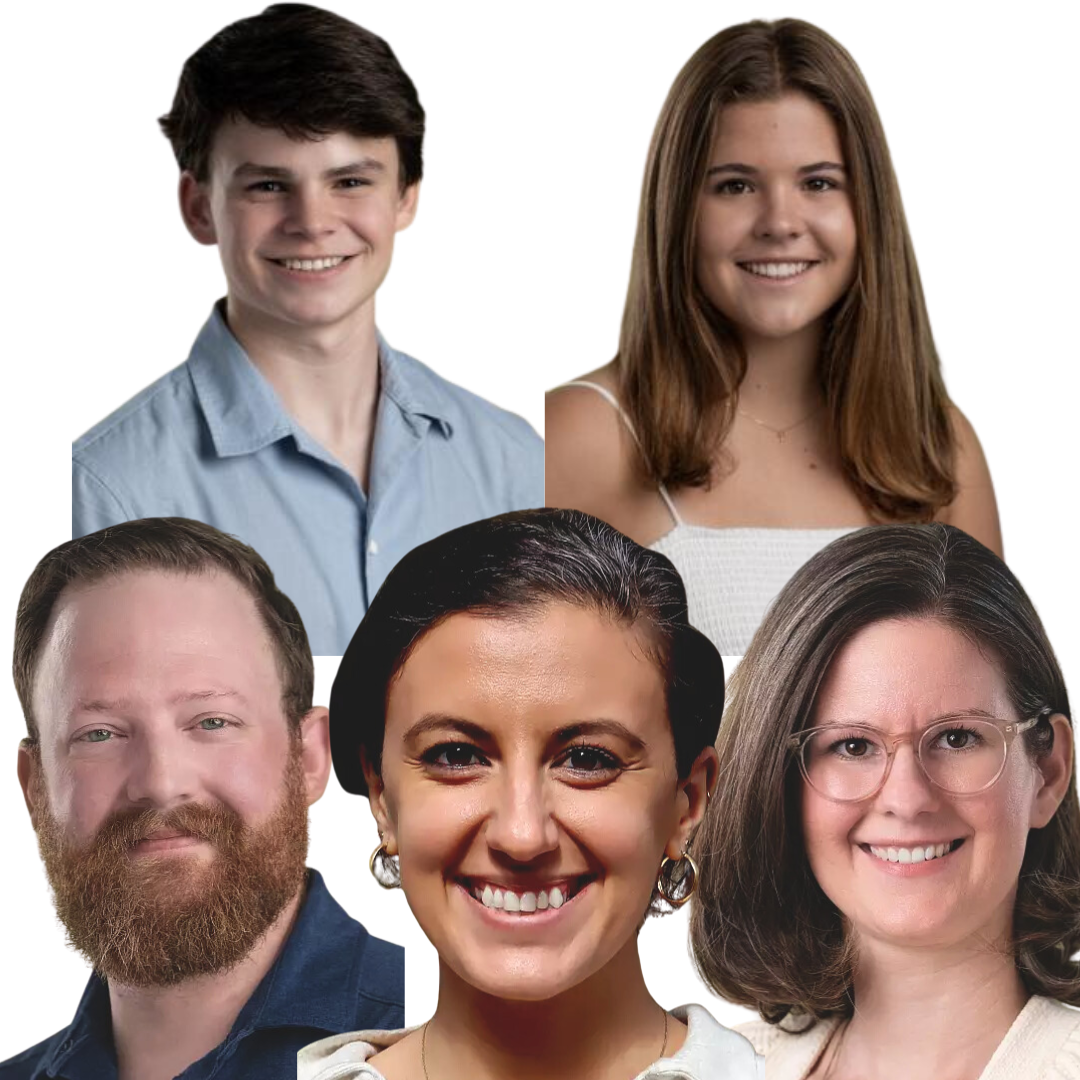

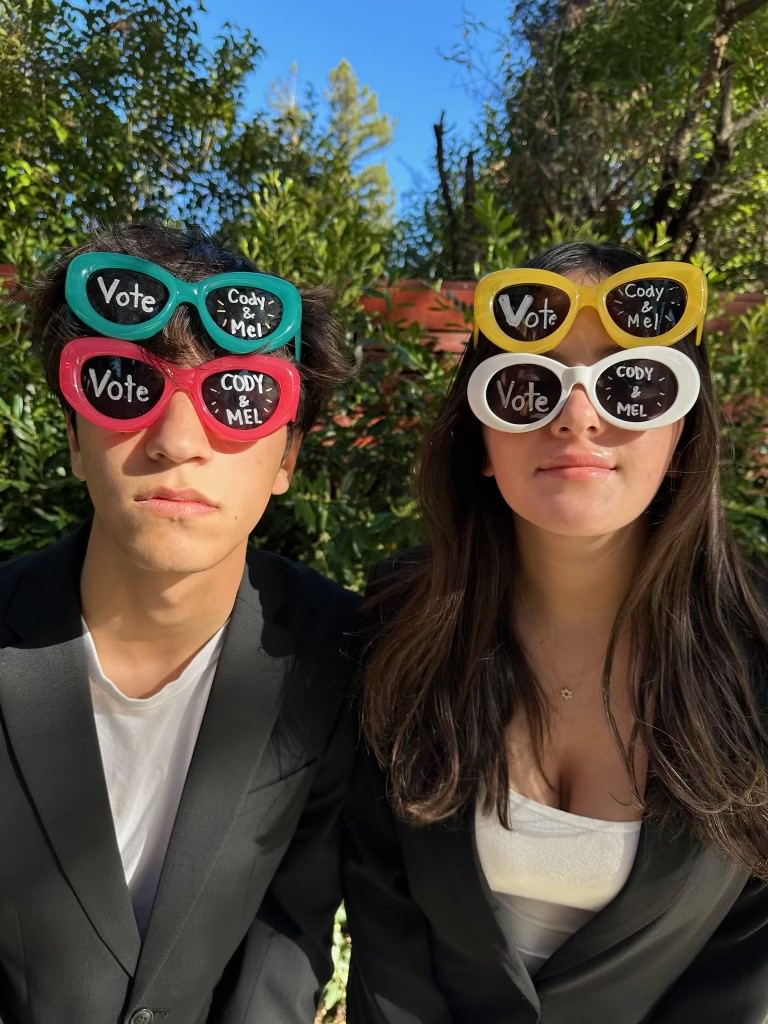
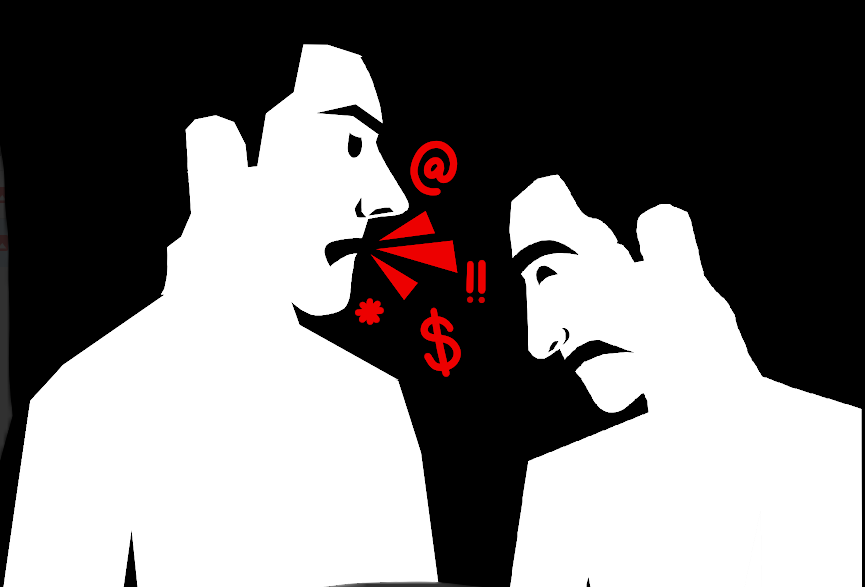
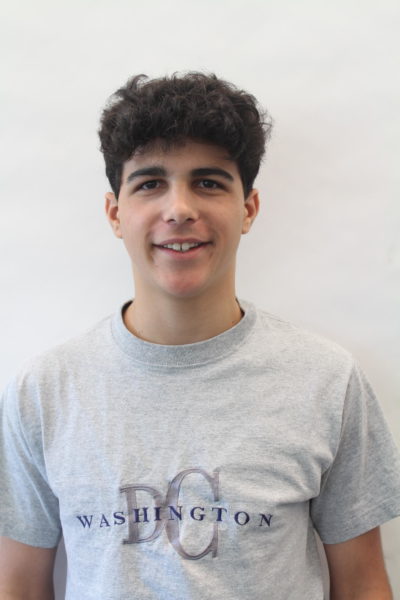
Katharine Hanson • Jan 23, 2024 at 8:55 am
This is a really well written article, Jacob! Well done.
Jacob Reich • Feb 8, 2024 at 7:00 pm
Thank you Ms. Hanson!